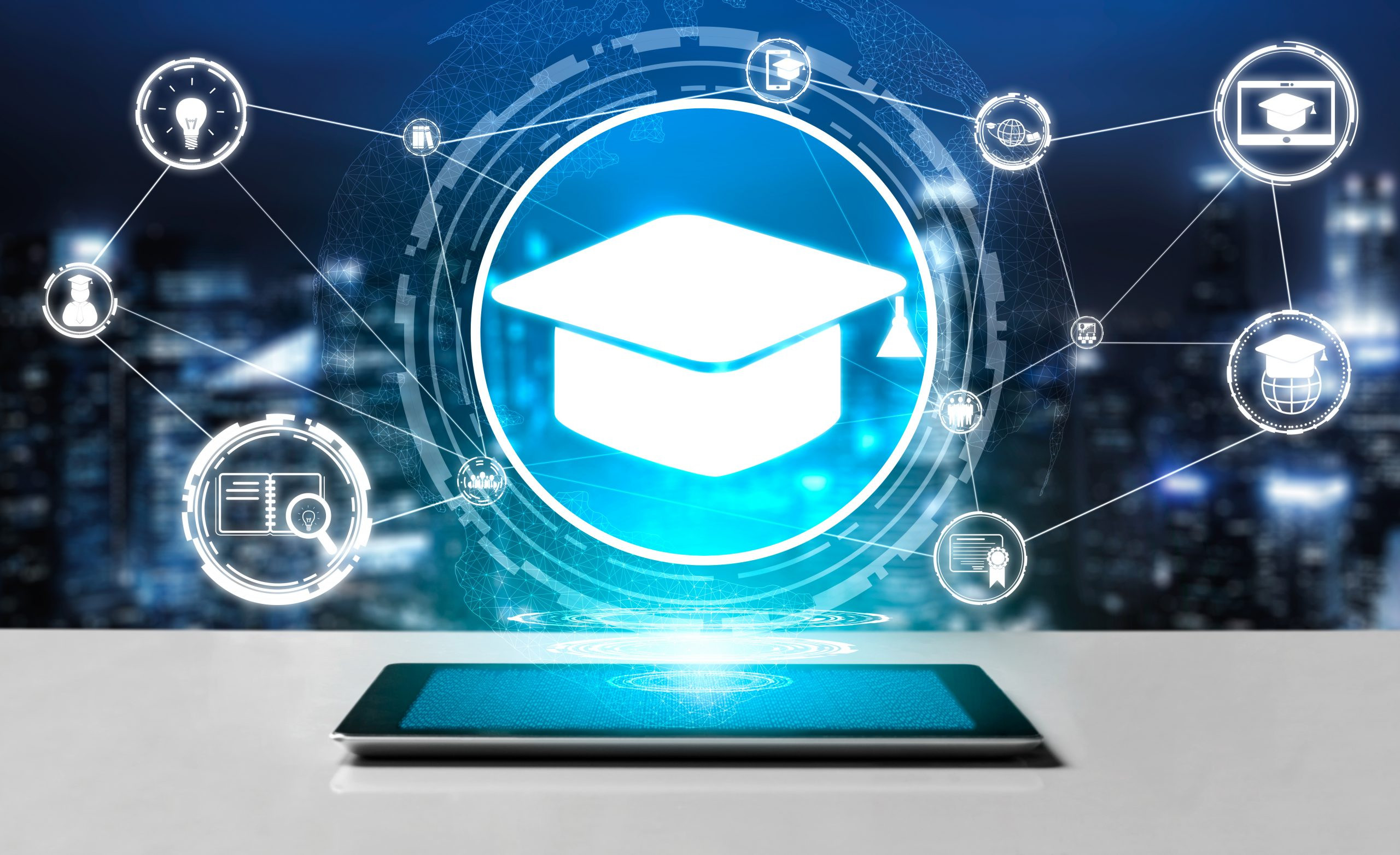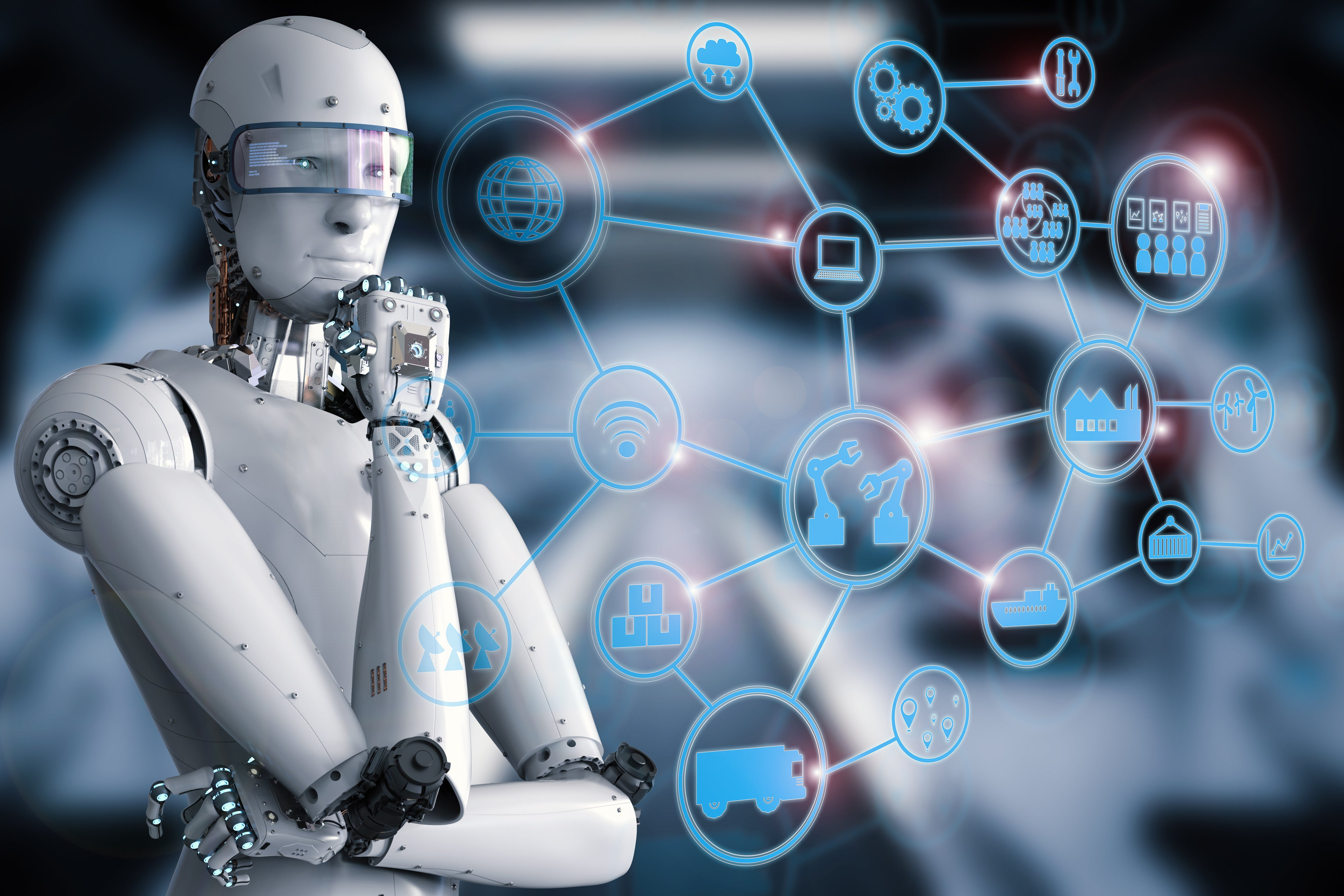The Rise of AI in Education: Transforming the Learning Landscape
Artificial intelligence (AI) is rapidly changing various sectors, and education is no exception. With its ability to analyze vast amounts of data and adapt to individual learning styles, AI is poised to revolutionize the way students learn and educators teach. While AI's role in education is still evolving, its potential is undeniable, offering exciting possibilities for a more personalized, accessible, and engaging learning experience.
Personalized Learning Experiences
One of the most prominent applications of AI in education is personalized learning. AI-powered platforms can analyze student data, such as learning styles, strengths, and weaknesses, to create customized learning paths. These platforms can provide tailored recommendations for learning resources, adjust the pace of instruction, and offer personalized feedback.
Tailored Content and Learning Paths
AI-powered systems can analyze student performance data and provide tailored content recommendations. This means that students can access resources that are most relevant to their needs, whether it's additional practice exercises, supplementary reading materials, or more challenging concepts. Moreover, AI can create personalized learning paths that adapt to each student's progress, ensuring that they are challenged at the appropriate level and supported when needed.
Adaptive Learning and Personalized Feedback
Adaptive learning platforms are another example of AI's impact on education. These platforms adjust the difficulty of learning materials based on a student's real-time performance. If a student struggles with a particular concept, the platform might offer additional practice questions or provide more detailed explanations. Conversely, if a student demonstrates mastery, the platform can accelerate their learning by introducing more challenging material.
AI can also provide personalized feedback to students, helping them identify areas for improvement and track their progress. This can be especially valuable in subjects like writing and coding, where AI can analyze student work and provide constructive feedback on grammar, style, and logic.
Enhanced Accessibility and Inclusivity
AI can also play a significant role in making education more accessible and inclusive for all learners. For students with disabilities, AI-powered tools can provide alternative methods of access, such as text-to-speech software and speech recognition systems. AI can also translate educational materials into different languages, making them accessible to students with diverse language backgrounds.
Breaking Down Language Barriers
AI-powered translation tools can bridge language barriers in education, allowing students to access learning materials in their native languages. This is particularly important for immigrant students and students who are learning a new language. AI can also be used to create personalized language learning programs that cater to individual learning styles and preferences.
Supporting Students with Disabilities
AI can be used to develop assistive technologies for students with disabilities. For example, AI-powered tools can provide real-time captioning for students with hearing impairments, or they can translate written materials into braille for students who are blind or visually impaired. These tools can empower students with disabilities to participate more fully in the learning process and achieve their academic goals.
Challenges and Considerations
While AI presents many opportunities to enhance education, it is crucial to consider the potential challenges and ethical considerations that accompany its implementation. One concern is the reliance on data, as AI algorithms are trained on large datasets. It is important to ensure that these datasets are representative and unbiased to avoid perpetuating existing inequalities in education.
Data Privacy and Security
As AI systems collect and analyze student data, it is essential to address data privacy and security concerns. It is crucial to establish clear guidelines and regulations regarding data collection, storage, and use. Transparency and student consent are paramount to ensuring the ethical and responsible use of AI in education.
Teacher Training and Professional Development
To effectively integrate AI into the classroom, teachers need adequate training and professional development. They need to understand how AI works, how to use AI tools effectively, and how to adapt their teaching practices to leverage the benefits of AI. Educators should be empowered to use AI to support their teaching, rather than being replaced by it.
The Future of AI in Education
The future of AI in education is bright, with endless possibilities for personalized learning, enhanced accessibility, and improved teaching practices. AI has the potential to create a more equitable and engaging learning environment for all students, but it is important to navigate the challenges and ethical considerations with careful thought and planning. As AI continues to evolve, we can expect to see even more innovative applications that will shape the future of education in transformative ways. The integration of AI into education is not without its challenges, but the potential benefits are too significant to ignore. With careful planning and thoughtful implementation, AI can be a powerful tool to improve learning outcomes and create a more equitable and engaging educational system for all.


















